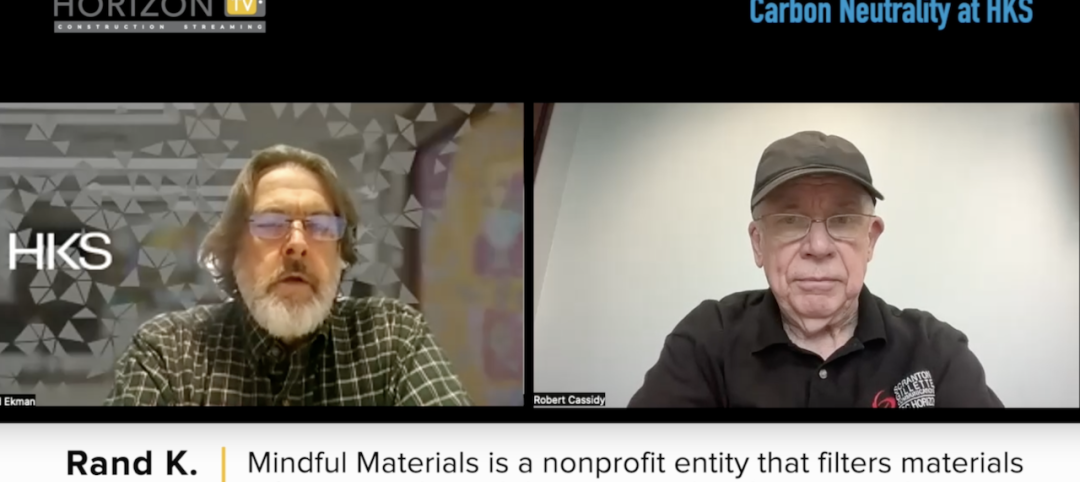Mayor Byron W. Brown announced during his 14th State of the City address that Buffalo will launch the largest Environmental Impact Bond (EIB) in the country at $30 million. The funds from this investment will allow the City of Buffalo and Buffalo Sewer Authority to capitalize on the Rain Check Buffalo program.
EIBs offer a novel approach to pay for high-impact projects based in part on the environmental, social, and/ or economic outcomes they generate. In this way, EIBs can help hedge the performance uncertainty that some developers new to green infrastructure may have, and capitalize on the multiple benefits of innovative projects like green infrastructure.
Buffalo will become the first city where an EIB is used to capitalize on a green infrastructure incentive program, in the form of the Rain Check 2.0 Grant Program, which targets the deployment of green infrastructure on private properties with large amounts of impervious surfaces. These private properties form a key component of the Buffalo Sewer Authority’s goal of using green infrastructure to manage over 500 acres of impervious surface area to help eliminate the effects of combined sewer overflows (CSOs) on Buffalo’s waterways. However, unlike projects on public property, incentives are required for private property owners to agree to install and maintain green.
“The City of Buffalo, will become the first in the nation to use an EIB to provide property owners the ability to fund green infrastructure projects and help to make our community more resilient to the impacts of climate change” said Mayor Byron W. Brown. “My administration does not view individual projects as activities in isolation, and instead views them as part of a network that functions as a system-wide improvement to our city’s water system.”
The City of Buffalo and the Buffalo Sewer Authority were selected as the winner of the Great Lakes Environmental Impact Bond Challenge through the P3GreatLakes Initiative by Quantified Ventures and Environmental Consulting & Technology, Inc. (ECT). Along with the support of the Ralph C. Wilson, Jr. Foundation and the Community Foundation of Greater Buffalo, the City of Buffalo has created a public- private, and philanthropic partnership to tackle our stormwater challenge, ensure that our city’s waterways, are protected, and guarantee a more resilient Buffalo.
In its work in Buffalo, Quantified Ventures will build on its previous successes structuring green infrastructure EIBs in cities like Washington, DC, which was also based around CSO issues and the cost-effectiveness of green vs. grey infrastructure to address them, and Atlanta, which was based around the local impacts of green infrastructure in mitigating flooding and providing access to greenspace and workforce development opportunities in underserved neighborhoods.
“Cities face massive stormwater challenges as they respond to a changing climate. Nature-based solutions reduce urban flooding risk and CSOs, and the EIB reduces Buffalo’s financial risk,” said Eric Letsinger, CEO, Quantified Ventures. “It’s a winning combination!"
Like DC and Atlanta, Buffalo will also seek to incorporate economic and community goals as part of the Rain Check 2.0 program, and the EIB used to capitalize it. “We want to see the city transformed at the end of this process, in terms of stormwater management, equity, and innovation,” said Oluwole McFoy, General Manager of the Buffalo Sewer Authority. “Our Rain Check 2.0 Opportunity Report along with this EIB allows us to invest in our neighborhoods, increase green jobs and economic prosperity for our residents while directly addressing climate change.”
“Our foundation is excited to support the implementation of the City of Buffalo’s Rain Check 2.0 program,” said Jim Boyle, Vice President of Programs and Communications for the Ralph C. Wilson Jr. Foundation. “These types of projects provide sustainable solutions that can reduce flooding, improve water quality and have a wide range of economic, environmental and public health benefits. Proactively incorporating these types of solutions in new developments, as well as the Ralph C. Wilson Jr. Centennial Park, highlight the City of Buffalo’s strategic approach to address some of the effects of climate change.”
“We deeply appreciate our project sponsors, namely the Ralph C. Wilson, Jr. Foundation, Community Foundation for Greater Buffalo, and of course, the Great Lakes Protection Fund, for their support. Their contribution will enable more than a hundred-fold investment in climate-resilient infrastructure in the region,” says Sanjiv Sinha, PhD., Water Resources National Director, Senior Vice President at ECT. “Buffalo joins a growing number of cities leveraging the EIB as a means to gain access to an emerging field of impact investors who seek not only financial returns, but also measurable environmental impact.”
Related Stories
Green | Aug 7, 2023
Rooftop photovoltaic panels credited with propelling solar energy output to record high
Solar provided a record-high 7.3% of U.S. electrical generation in May, “driven in large part by growth in ‘estimated’ small-scale (e.g., rooftop) solar PV whose output increased by 25.6% and accounted for nearly a third (31.9%) of total solar production,” according to a report by the U.S. Energy Information Administration.
Resiliency | Aug 7, 2023
Creative ways cities are seeking to beat urban heat gain
As temperatures in many areas hit record highs this summer, cities around the world are turning to creative solutions to cope with the heat. Here are several creative ways cities are seeking to beat urban heat gain.
Government Buildings | Aug 7, 2023
Nearly $1 billion earmarked for energy efficiency upgrades to federal buildings
The U.S. General Services Administration (GSA) recently announced plans to use $975 million in Inflation Reduction Act funding for energy efficiency and clean energy upgrades to federal buildings across the country. The investment will impact about 40 million sf, or about 20% of GSA’s federal buildings portfolio.
Codes and Standards | Aug 7, 2023
Cambridge, Mass., requires net-zero emissions for some large buildings by 2035
The City of Cambridge, Mass., recently mandated that all non-residential buildings—including existing structures—larger than 100,000 sf meet a net-zero emissions requirement by 2035.
Multifamily Housing | Jul 31, 2023
6 multifamily housing projects win 2023 LEED Homes Awards
The 2023 LEED Homes Awards winners in the multifamily space represent green, LEED-certified buildings designed to provide clean indoor air and reduced energy consumption.
Sustainability | Jul 27, 2023
USGBC warns against building energy code preemptions, rollbacks
In a recent editorial, the USGBC cited a growing number of U.S. state legislators who are “aiming to roll back building energy code standards and/or preempt local governments from advancing energy-efficient building codes.”
Resiliency | Jul 27, 2023
'Underground climate change' can damage building foundations, civil infrastructure
A phenomenon known as “underground climate change” can lead to damage of building foundations and civil infrastructure, according to a researcher at Northwestern University. When the ground gets hotter, it can expand and contract, causing foundations to move and sometimes crack.
Sustainability | Jul 26, 2023
Carbon Neutrality at HKS, with Rand Ekman, Chief Sustainability Officer
Rand Ekman, Chief Sustainability Officer at HKS Inc., discusses the firm's decarbonization strategy and carbon footprint assessment.
Concrete | Jul 19, 2023
Public policy hindering widespread adoption of sustainable concrete
Researchers are making significant strides in reducing embedded carbon in concrete, but public policies have been slow to adopt this more sustainable option.
Sustainability | Jul 19, 2023
California lawmakers approve governor’s plan to accelerate green construction
California lawmakers recently approved Gov. Gavin Newsom’s infrastructure streamlining plan that aims to accelerate clean energy and infrastructure projects.

















